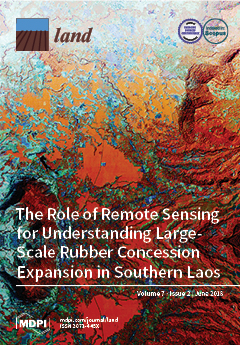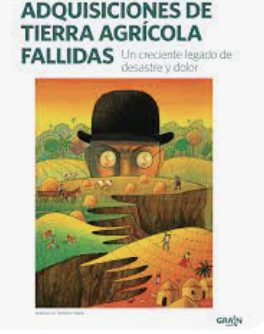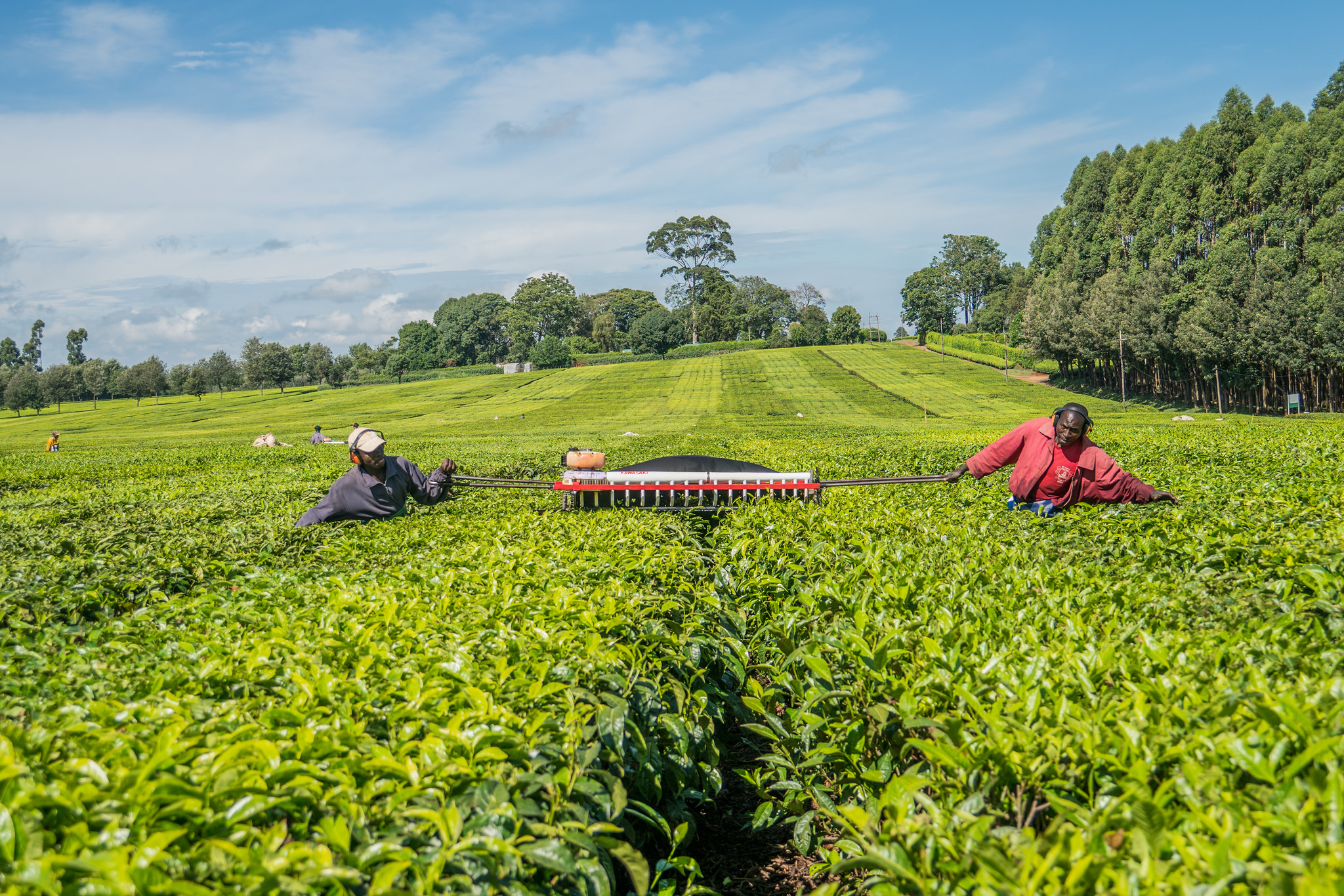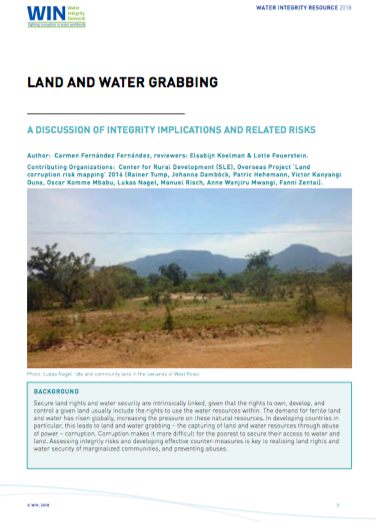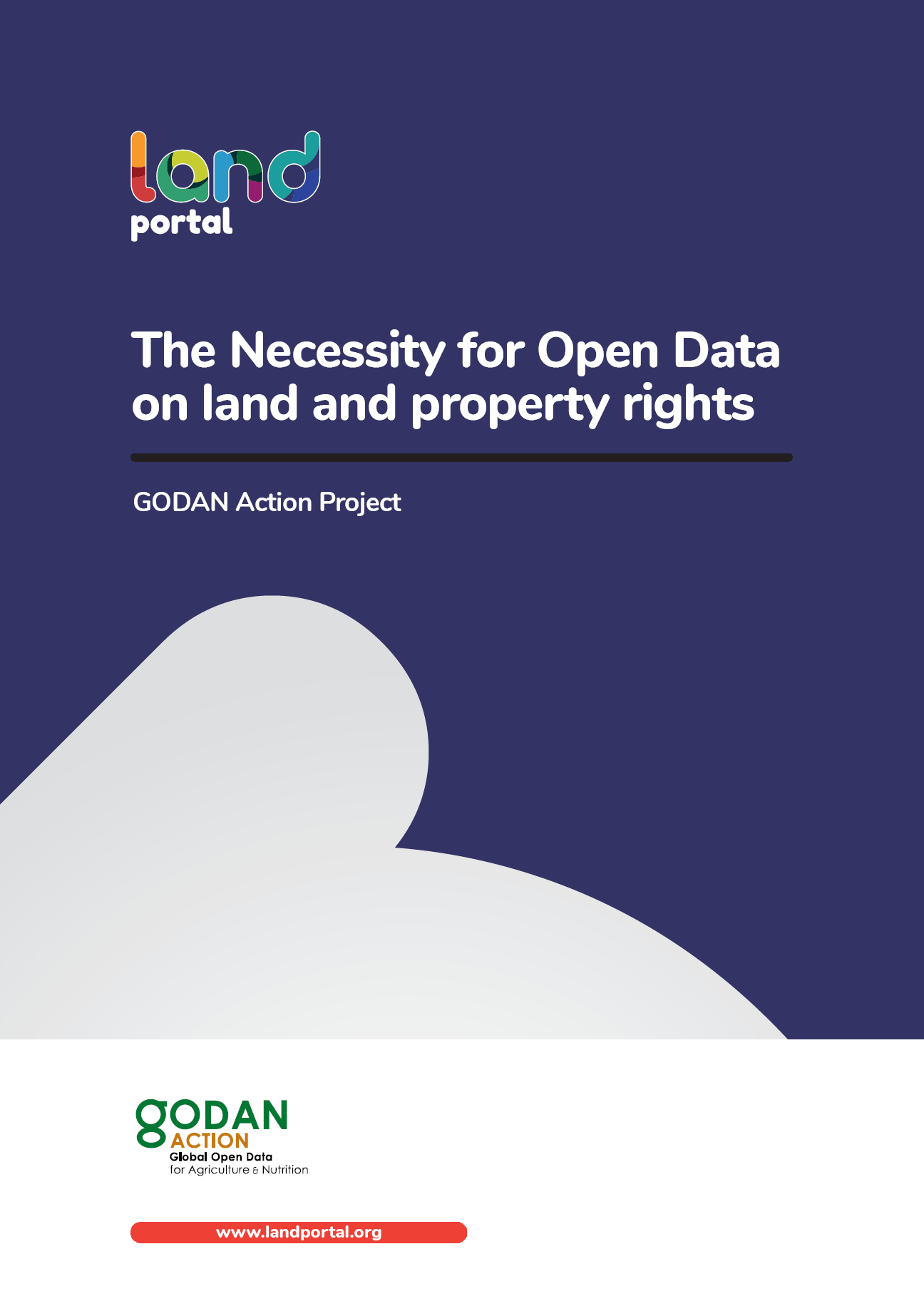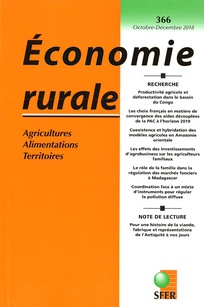Land Use Scenario Modeling Based on Local Knowledge for the Provision of Ecosystem Services in Northern Ghana
The understanding of multiple effects by possible future development is essential for adapted land use planning. This study assessed the potential of land use scenarios for the provision of ecosystem services using local knowledge in two districts of northern Ghana. Local knowledge was gathered through surveys with extension officers, who are regarded as eligible knowledge holders for agricultural land use.

